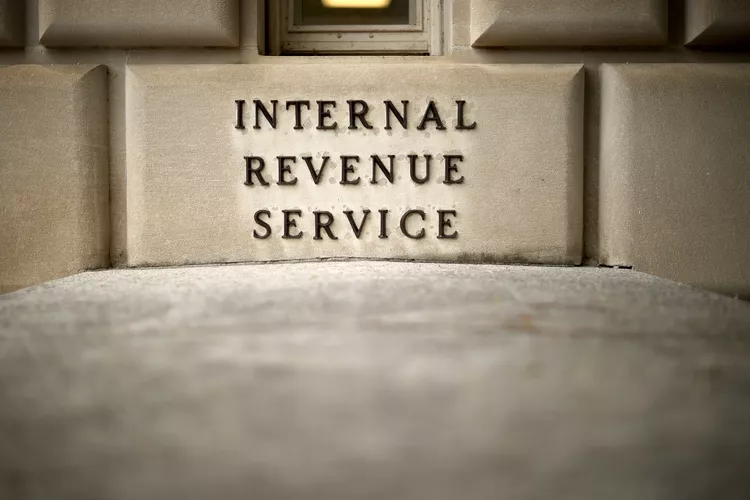What if NFTs Are Taxed as Collectibles?

The IRS wants to tax non-fungible tokens (NFTs) as collectibles and is seeking public comments on whether that’s a good idea. If NFTs are treated as collectibles, any profit you make from selling one could be subject to a higher capital gains tax rate.
IRS Plan To Tax NFTs As Collectibles
On Tuesday, the IRS issued a notice providing general information on the tax treatment of NFTs as collectibles and requesting public comments on various aspects of NFT taxation.
An NTF is a token issued via a blockchain that represents something unique such as digital art, music, or a collectible trading card. The NFT phenomenon has been promoted as a new way to monetize content in an age when various forms of art can be copied, pasted, and sent around the internet with a few clicks. Fans are rewarded with the ability to prove their patronage to a particular artist, while the creators gain access to a new source of revenue via the original sale of the tokens—and potentially a percentage of future sales.
The IRS intends to use “look-through analysis” to determine whether NFTs should be treated as collectibles under the tax code. That means NFTs that are associated with materials that would traditionally be deemed collectibles will also be considered collectibles. “For example, a gem is a collectible under section 408(m); therefore, an NFT that certifies ownership of a gem is a collectible,” the IRS said.
1. What Does it Mean for NFTs to Be Taxed as Collectibles?
NFTs were among the darlings of the crypto bull market that came to an end in 2021, peaking with the sale of digital artist Pak’s The Merge for $91.8 million late that year. NFT sales volume reportedly stood at $24.7 billion in 2022, a shade under $25.1 billion the prior year.
For NFT collectors and traders, the most relevant aspect of NFT taxation is related to potential profits. In the U.S., collectibles that are sold for a profit after being held for more than a year face a long-term capital gains tax that can vary depending on one’s income.
2. Does Classifying NFTs as Collectibles Make Sense?
Fitting new types of digital assets into existing tax codes can be difficult.
“The look-through approach makes sense and future guidance from the IRS that will include factors on when the associated right or asset resembles a collectible will be well received,” said Nicholas Mowbray, Counsel at law firm BakerHostetler. “There are a number of areas where taxpayers desperately need guidance and this is one of them.”
However, it’s also clear there’s plenty of work to be done when it comes to finalizing the tax classifications of NFTs. “There are still a number of open questions relating to NFTs and how they are treated for federal income tax purposes,” said Mowbray. “I would welcome guidance on how creators or dealers of NFTs should be treated for federal income tax purposes. For example, can they take the position that the NFTs are not capital assets or collectibles?”






